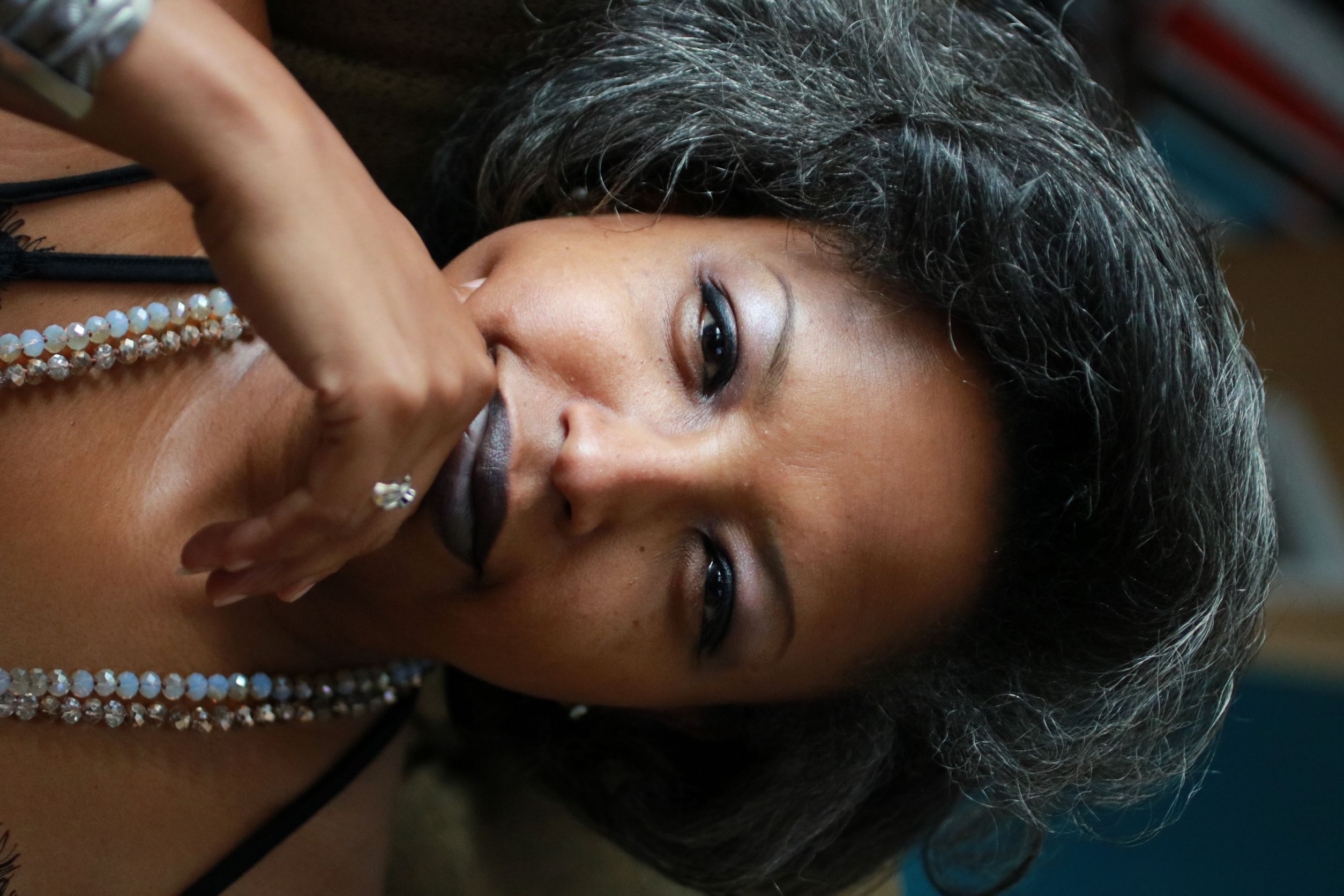
Annalise H. Fonza
Lecturer
Urban and Regional Planning, College of Environmental Design
Phone number
909-869-2688
Office location
Office hours
T F Sa | EMAIL FOR AN APPOINTMENT

Lecturer
Urban and Regional Planning, College of Environmental Design
909-869-2688
T F Sa | EMAIL FOR AN APPOINTMENT